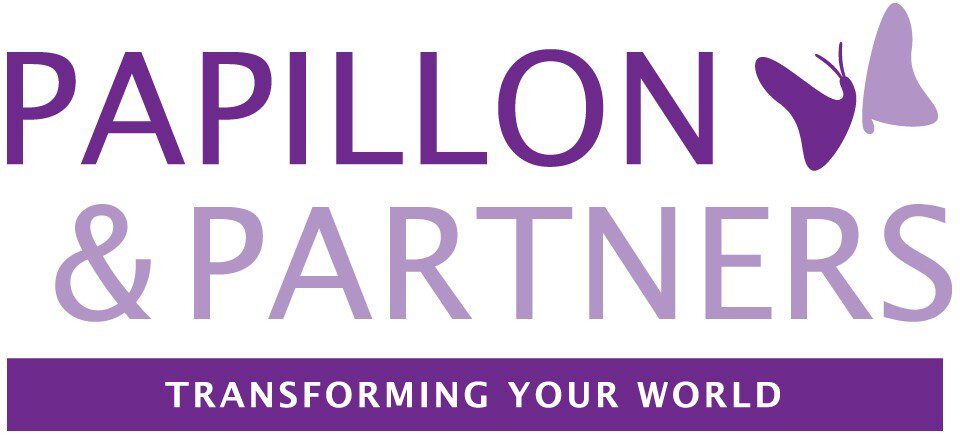In today’s business environment, organizations are under increasing pressure to enhance their performance. One way that organizations can improve their performance is by promoting diversity and inclusion within their culture. A diverse and inclusive culture can help you attract and retain top talent, foster innovation, and improve communication and collaboration. Human resources managers play a key role in creating and maintaining a diverse and inclusive culture within their organizations. In this blog post, we’ll explore some ways that human resources managers can promote diversity and inclusion.
The business case for diversity and inclusion
Creating a business culture of diversity and inclusion is not just the right thing to do, but it’s also the smart business thing to do. From a business performance standpoint, meaningful actions to empower diverse groups through increased opportunity and representation can pay off in spades.
McKinsey found that companies in the top quartile of executive-level gender diversity were 21% more likely to outperform companies in the bottom fourth quartile of gender diversity. Similarly, companies with the most ethnically diverse teams were 33% more likely to outperform their peers on profitability.
Companies with diversified teams have proven to foster better innovation, leading to higher levels of productivity and creative problem-solving. Additionally, a workplace that values diverse perspectives has been found to boost employee engagement and business success overall. It’s clear that a business case for diversity and inclusion exists across many different realms of business performance.
When companies prioritize offering safe spaces for collaboration among members from all backgrounds, they are able to create an environment primed for driving meaningful business results.
How to foster a diversified and inclusive culture in your workplace
Creating a diversified and inclusive culture in the workplace is essential for nurturing an environment that celebrates diversity. To facilitate this, organizations should focus on diversity of experience, perspective and backgrounds when considering hirings, promotions and other opportunities. Employers can also create diversity-focused committees of people from various departments who work together to identify areas for improvement in terms of diversity and inclusion initiatives.
Furthermore, employers should promote a culture of acceptance and respect by establishing zero tolerance policies towards any form of discrimination or harassment.
Finally, creating career development opportunities for employees from all backgrounds helps to build trust throughout an organization. This can be achieved through providing mentorship programs as well as enabling role diversity that allows every employee to fully reach their potential at their job. By taking these measures, employers are able to foster a true culture of diversity and inclusion in the workplace.
The benefits of diversity and inclusion for businesses
Businesses that promote and embrace diversity and inclusion in the workplace are some of the most successful ones. A culture of respect, understanding, and collaboration results with team members feeling comfortable voicing their individual opinions and having their unique skill sets recognized.
Having a diverse workforce gives businesses a competitive edge when it comes to exploring new ideas and always staying ahead of trends.
Cloverpop published a whitepaperthat found that diversity can lead to better business decisions 87% of the time.
Culturally relevant experiences become more accessible to customers due to increased understanding. Additionally, such an atmosphere encourages employees to strive for excellence through mutual respect, allowing them to bring out their maximum potential. Diversity and inclusion initiatives within companies have been seen as powerful tools for success in this day and age.
The challenges of implementing diversity and inclusion initiatives
Implementing diversity and inclusion initiatives requires organizations to be both intentional and innovative. Everyone involved in the initiative must play an active role in order to create desired outcomes, from CEO’s developing policies and setting expectations, to employees receiving training on unconscious bias and creating respectful conversations about difficult topics.
Leaders must ensure that these initiatives are put into practice beyond just words, by creating an environment that encourages diverse opinions and questions the status quo. Organizations must make sure they’re truly listening to marginalized voices, not just paying lip service to the issue. It can be a difficult road but one with incredible benefits including increased creativity and innovation, improved employee engagement, better problem-solving skills, enhanced customer service experiences and making sure every voice is heard fairly in the workplace.
Best practices for promoting diversity and inclusion in the workplace
Promoting and cultivating a culture of diversity and inclusion is essential for any workplace. Employers should recognize that culture often influences the way employees behave, so engaging in activities and implementing policies to foster an environment of inclusivity is critical. This can include training to educate staff on anti-discrimination, implicit bias, and marketing initiatives targeted towards minorities or underrepresented groups.
Tracking specific minority groups in hiring and overall retention rates are also key steps employers can take to ensure their workplace truly values diverse backgrounds.
Above all, employers should strive to build an atmosphere where everyone feels included and respected; when done right, this culture can be one of excellence and productivity.
The business case for diversity and inclusion is clear. Diverse and inclusive workplaces are more innovative, creative, and productive. They also attract and retain the best talent. Although implementing diversity and inclusion initiatives can be challenging, the benefits far outweigh the challenges. Companies that want to promote diversity and inclusion in the workplace should consider best practices such as executive coaching, team coaching, unconscious bias training, mentoring programs,and employee resource groups. At Papillon and Partners, we specialize in helping businesses foster diverse and inclusive cultures. Contact us today to see how we can help your company achieve stable growth.
